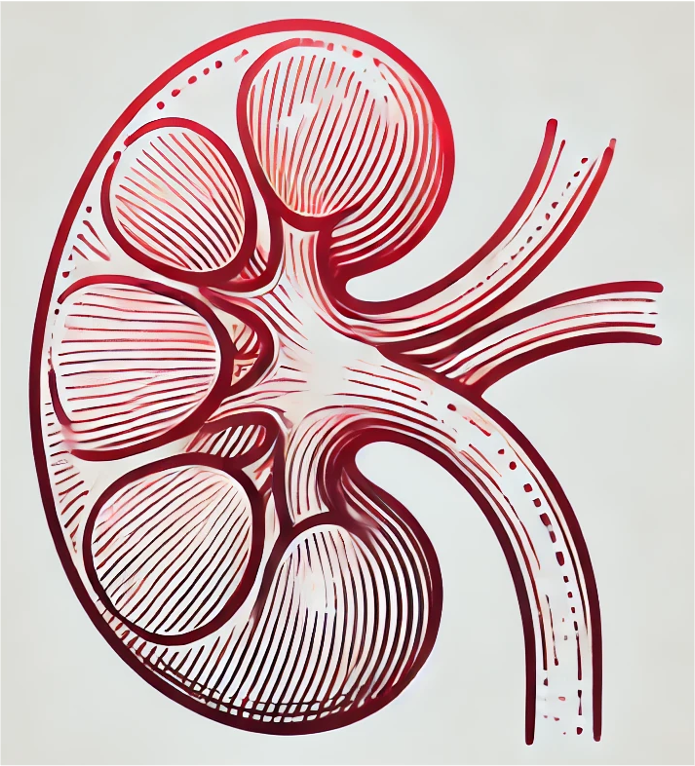Description
NF-B is a key regulator of innate and adaptive immunity and is implicated in the pathogenesis of acute kidney injury (AKI). The cell type-specific functions of NF-B in the kidney are unknown; however, the pathway serves distinct functions in immune and tissue-parenchymal cells. We analyzed tubular epithelial-specific NF-B signaling in a mouse model of ischemia-reperfusion injury (IRI)-induced AKI. NF-B reporter activity and nuclear localization of phosphorylated NF-B subunit p65 analyses in mice revealed widespread NF-B activation in renal tubular epithelia and in interstitial cells following IRI that peaked at 2-3 days after injury. To genetically antagonize tubular epithelial NF-B activity, we generated mice expressing the human NF-B super-repressor IBN in renal proximal, distal, and collecting duct epithelial cells. These mice were protected from IRI-induced AKI, as indicated by improved renal function, reduced tubular apoptosis, and attenuated neutrophil and macrophage infiltration. Tubular NF-B-dependent gene expression profiles revealed temporally distinct functional gene clusters for apoptosis, chemotaxis, and morphogenesis. Primary proximal tubular cells isolated from IBN-expressing mice exposed to hypoxia-mimetic agent cobalt chloride were protected from apoptosis and expressed reduced levels of chemokines. Our results indicate that postischemic NF-B activation in renal-tubular epithelia aggravates tubular injury and exacerbates a maladaptive inflammatory response.
Overall Design
Expression profiling was performed by Illumina Mouse WG6 v2.0 Expression Bead Chip microarray analysis. Differentially expressed genes of ischemic wild-type vs. Emx1-N kidneys were analyzed at 24 hours following ischemia reperfusion injury, compare to Sham control kidneys. 6 biological replicates were used per group.
Curator
mj_li
